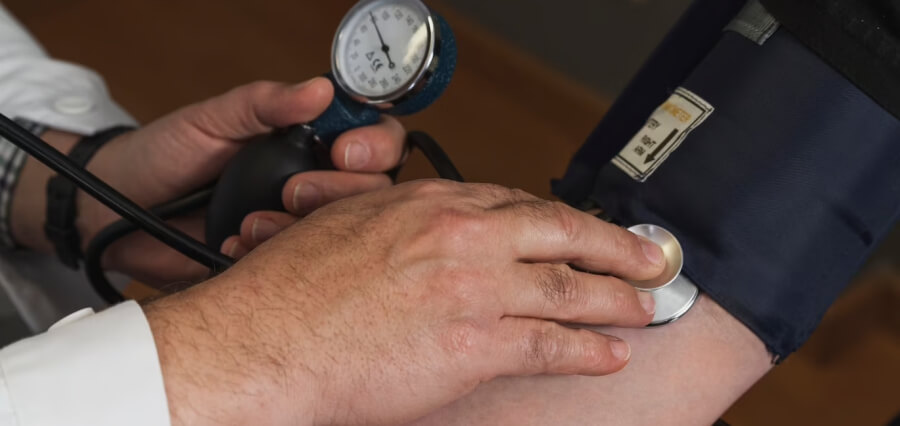Psilocybin, a mushroom-like drug – has been approved by the Food and Drug Administration (FDA) for the treatment of depression and anxiety.
In recent years, psychedelic treatment has been approved to be a “breakthrough therapy” for treating depression. For this reason, the Food and Drug Administration (FDA) and Drug Enforcement Administration classified ‘psilocybin’ as an effective drug to be used in psychedelic treatment in approaching mental illness and mental health conditions.
Use of Psilocybin in Psychedelic Therapy
Psilocybin, as defined by Johns Hopkins University – is a substance that has been referred to as a magic mushroom – coming from a specific type of fungi. The drug helps people recover from mental health symptoms such as depression. When used in psychedelic treatment, it can induce mind-altering states – impacting thought, sensory, and perception, for one’s own advantage.
Delivery of the Drug
The psilocybin-assisted psychedelic treatment is given alongside traditional talk therapy in treating depression, anxiety, PTSD, suicidality, and other mental health concerns. When delivered – it engages with the mind’s power to heal itself, while posing a low risk of addiction and toxicity.
The drug captures patients’ bodily orientation, sensory perception, and emotional processing, further tapping into the patient’s ‘inner-healing intelligence.’ For this reason – patients are claiming that psychedelic treatment has served them with dramatic results within just a few seconds.
The Future of Psychedelic Therapy
Experts are hopeful that psychedelic therapy is on the upswing. As Nicholson, the CEO of Ketamine Wellness Centers, states, “For those patients who couldn’t find relief from already their existing medications, they can now seek alternatives.”
However, since the approach is still emerging, time must be taken to educate the patients on the stigma of psilocybin-assisted psychedelic treatment while improving its accessibility.
“We believe that the future of psychedelic therapy will involve new molecules – further optimizing their impact on desirable mental and behavioral health outcomes,” suggests Tim Schlidt, a partner in the psychedelic health care investment fund.










